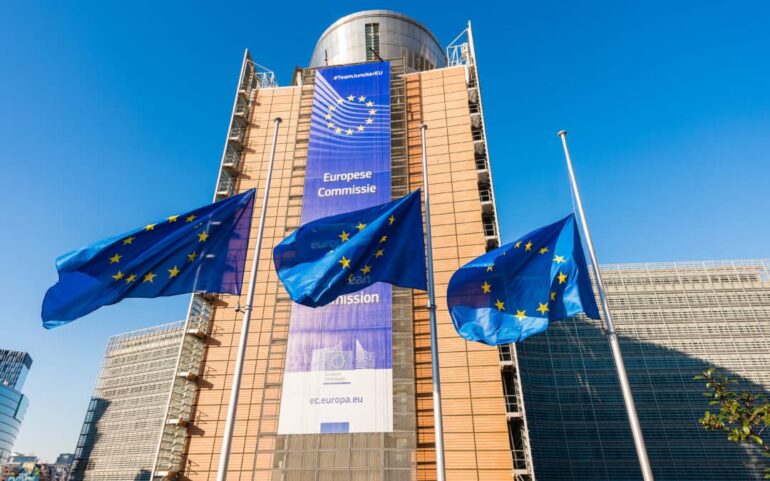- European Commission intensifies scrutiny on major tech platforms like Google, Meta, Microsoft, Snap, TikTok, and others.
- Requests for Information (RFIs) issued under the Digital Services Act (DSA) regarding management of risks associated with generative AI.
- Focus on challenges such as dissemination of false information, spread of deepfakes, and manipulation of services affecting electoral processes.
- Stress tests planned post-Easter to evaluate platforms’ preparedness for combating generative AI risks.
- EU aims to finalize election security guidelines by March 27, with platforms given until April 3 to provide information.
- Commission emphasizes the urgency due to the decreasing cost of synthetic content production, raising the risk of misleading deepfakes during elections.
- EU seeks to establish a comprehensive enforcement ecosystem leveraging existing regulatory frameworks and forthcoming legislation.
- RFIs also address broader generative AI risks, including deepfake pornography and other malicious content generation.
- Smaller platforms and AI tool makers are indirectly targeted through pressure on larger platforms and self-regulatory mechanisms.
Main AI News:
In its latest move, the European Commission has intensified its oversight of major tech players like Google, Meta, Microsoft, Snap, TikTok, and X, concerning their management of risks associated with the use of generative AI. The Commission has issued formal Requests for Information (RFIs) to these companies, seeking insights into their strategies for handling challenges linked to generative AI across their various services.
Under the Digital Services Act (DSA), these inquiries are part of the European Union’s renewed efforts to regulate e-commerce and online governance. Designated as Very Large Online Platforms (VLOPs), these eight entities are obligated not only to comply with regulatory frameworks but also to assess and mitigate systemic risks.
The Commission’s focus lies particularly on risks related to the dissemination of false information, the spread of deepfakes, and the manipulation of services that could influence electoral processes. Additionally, concerns regarding the protection of fundamental rights, gender-based violence, and the well-being of minors are being addressed.
Moving beyond mere inquiries, the EU plans to conduct stress tests post-Easter, aimed at evaluating platforms’ preparedness to combat potential challenges posed by generative AI, especially in the lead-up to significant events like the European Parliament elections in June.
The Commission’s emphasis on election security aligns with its ongoing efforts to enforce DSA rules. While platforms have until April 3 to furnish information related to election protection, the EU aims to finalize its election security guidelines by March 27, underscoring the urgency of the matter.
As the Commission points out, the decreasing cost of synthetic content production amplifies the risk of misleading deepfakes surfacing during critical periods like elections. Consequently, it seeks to hold major platforms accountable for their role in disseminating such content widely.
While recent industry initiatives, like the tech accord from the Munich Security Conference, have attempted to address these concerns, the EU believes they fall short. Its forthcoming election security guidance promises a more robust approach, leveraging existing regulatory frameworks and forthcoming legislation to establish a comprehensive enforcement ecosystem.
Beyond election security, the RFIs issued by the Commission aim to address a broader range of generative AI risks, including those related to deepfake pornography and other malicious content generation. Smaller platforms and AI tool makers are also on the EU’s radar, as they contribute to the proliferation of harmful content, albeit indirectly.
Although these entities may not fall directly under the DSA’s purview, the EU intends to exert pressure indirectly through larger platforms and self-regulatory mechanisms, ensuring a comprehensive approach to mitigating generative AI risks across the digital landscape.
Conclusion:
The European Commission’s heightened scrutiny on major platforms regarding generative AI risks underscores the growing importance of regulatory compliance and risk management in the tech industry. As platforms face increased pressure to address these challenges, we can expect to see a shift towards more stringent regulatory measures and industry standards, impacting the development and deployment of AI technologies in the market.

